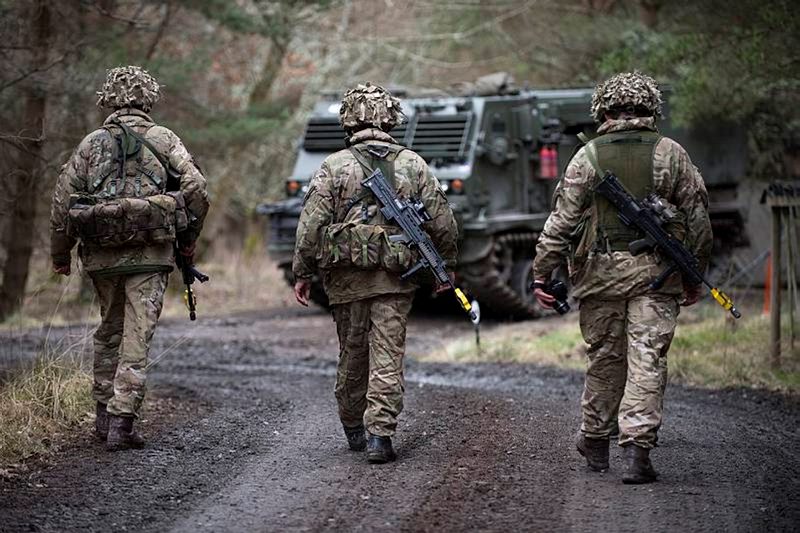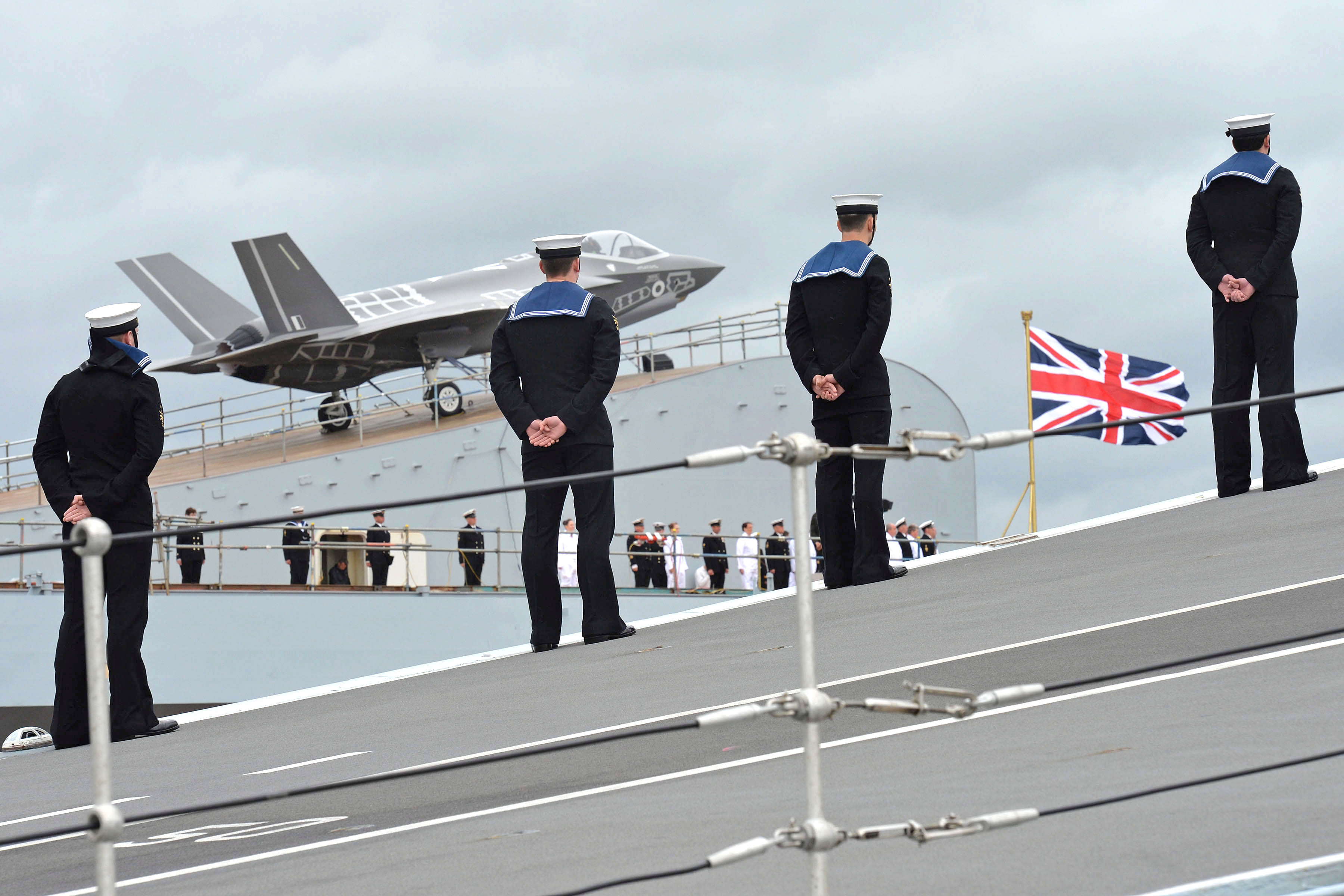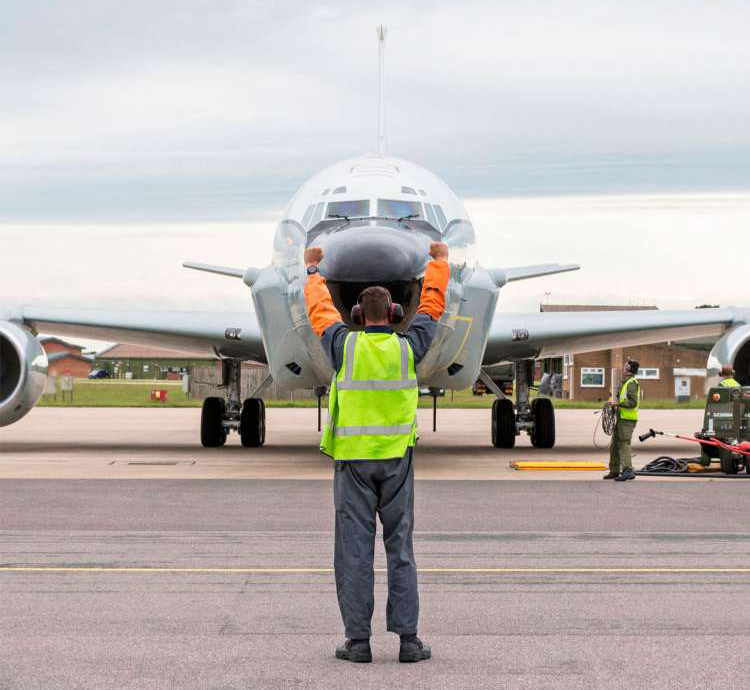
COMMENT: How 'Flexible' Can The UK's Armed Forces Be?

By Rhicha Kapila, partner in the military claims team at law firm Bolt Burdon Kemp.
Last week, the Armed Forces (Flexible Working) Bill became law, meaning some military personnel will be able to serve part-time for defined periods.
This change has come about after extensive consultation.
Overwhelmingly, the feedback was that soldiers, sailors and air personnel wanted to have more choice over the way they serve, especially if they have young children or elderly parents to look after.
These new measures come into effect next year, and have been heralded by the government as a further example of how the armed forces are becoming more modern and diverse.
It certainly is a move to be welcomed – in the UK, the armed forces are experiencing difficulty recruiting new members.
Some commentators put the Army at 6,000 troops down, and they are squeezed at the top too, with officers leaving to pursue more attractive options in the commercial sector.

Offering more flexibility to military personnel is a positive step forward in moving our armed forces into the 21st century and on a more comparable basis with companies in the private sector which are increasingly offering flexible working options.
However, it remains to be seen how many members of the armed forces will consider taking up this new way of working.
Across the British military, traditions remain entrenched, working cultures are deeply ingrained, and it may be difficult to bring about any kind of wholesale shift in attitudes quickly.
Although Defence Minister Tobias Ellwood has quoted that 70 per cent of serving soldiers and sailors want this reform, the take-up may be significantly smaller.
In the private sector, we have seen it take time for flexible working to become more mainstream and recent figures show that shared parental leave, a policy which was introduced in 2015 to encourage more fathers to take time off when their child was born, has still got very low take-up, with figures as low as two per cent.

If it proves to be a struggle to get the private sector to change its working practices, it will be even more of a hurdle for the military to truly embrace flexible working.
Furthermore, ti is not just down to the armed forces’ ingrained culture, which has previously been very defined and inflexible; it is the simple practicalities of serving men and women working part-time, especially when on tour or deployment.
It has been said that approval will not be automatic and may be subject to operational needs.
This new law is a positive step, and shows that the government recognises the UK armed forces needs modernisation to improve diversity and opportunities.
However, whether we will see a huge change in working patterns remains to be seen.
Images courtesy: MoD.









